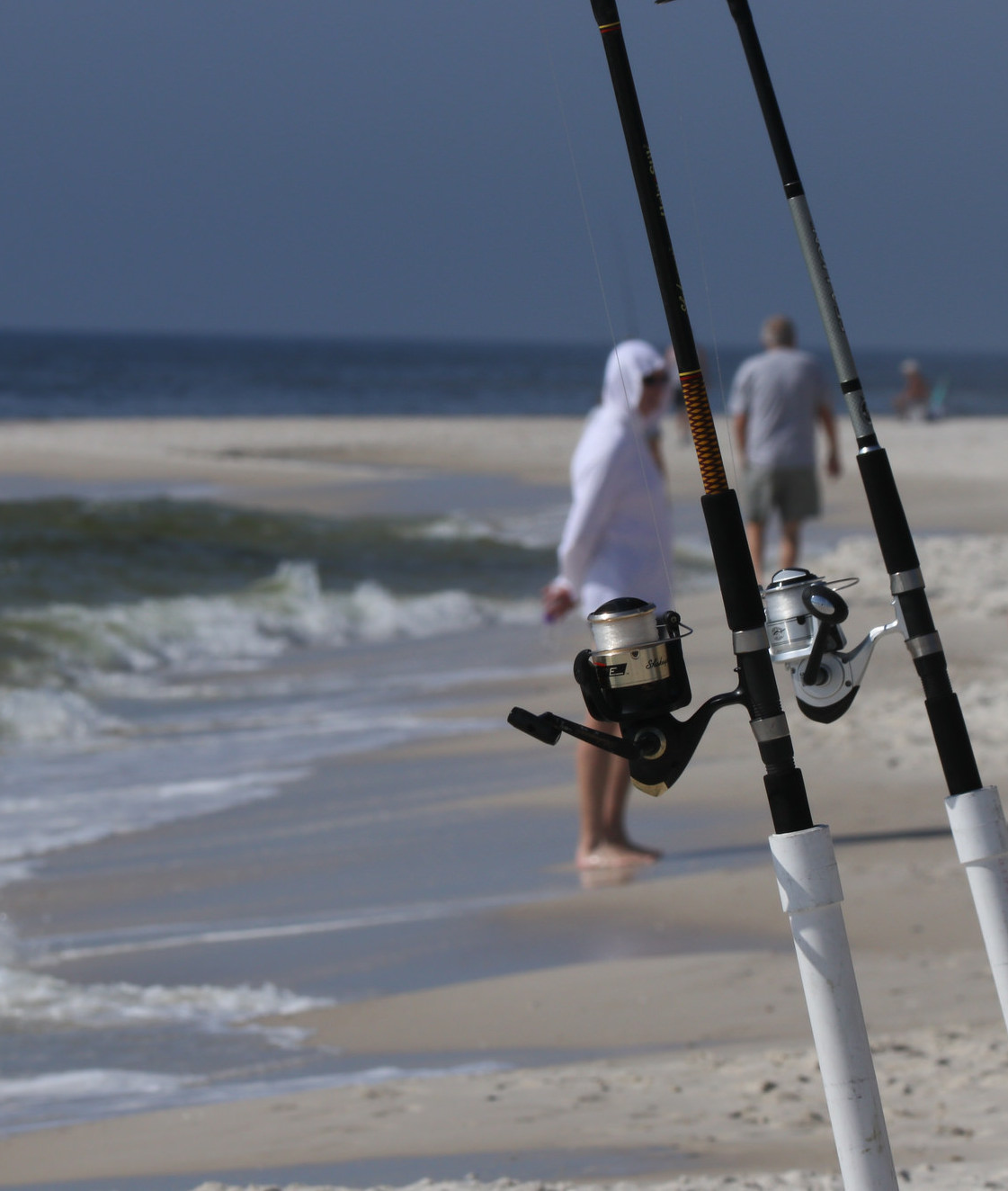Anglers enjoy reeling in redfish, black drum, pompano and sheepshead during winter months.
Whether fishing from the pier or the beach, or going out on a charter, be eco-friendly when you cast that line.
Hook and line is the most responsible method for fishing (as opposed to using gill nets or seines, though those methods have their place, too).
The No. 1 cause of habitat destruction is derelict gear. It’s a phenomenon known as “ghost fishing.” Left-behind line, hooks and lures can hook fish, causing them to be trapped. But fish are not the only victims. Birds that dive into water for food, as well as sea turtles and other wildlife, can also get tangled in line or get hooked.
What about those crab traps left behind in the water, but not checked? They can cause other problems. Those openings allow crabs to get trapped, but they can’t get out. An unchecked crab pot in Georgia was found with 130 deceased turtles. That’s certainly not something anyone wants to find.
In addition, bycatch is a wasteful and unnecessary practice. If you toss a cast net and catch small fish or minnows you don’t want, don’t just leave them on the beach to die. Toss them back.
We have great fishing on the Alabama coast and we want you to enjoy getting out there and having a blast. But please be responsible while doing so, to keep those fisheries sustainable.



Leave A Comment